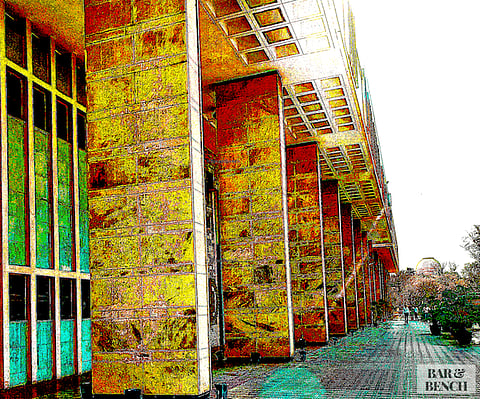
- News
- Columns
- Interviews
- Law Firms
- Apprentice Lawyer
- Legal Jobs
- हिंदी
- ಕನ್ನಡ

The Delhi High Court has held that the venue of arbitration cannot change the intention of the parties to vest the courts in a specific region with exclusive jurisdiction over disputes arising out of the arbitration or its award.